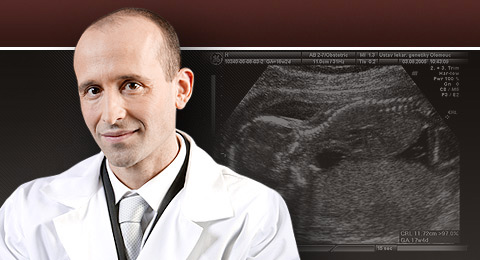Kudela M., Pilka R., Lubusky M., Hejtmanek P., Dzubak P., Brychtova S. Prognostic importance of selected molecular immunohistochemical markers and DNA ploidy in endometrial cancer. Eur. J. Gynaecol. Oncol., 2012, 33 (2), s. 159-163. (IF-0,577)
ABSTRACT
Summary The aim of the study was the analysis of the new molecular genetic immunomarkers (p53, c-erbB-2,Kl 6'7, bc1-2) hormonal receptors (ER, PR) and ploidy disturbances and their relation to the most important prognostic factors for endometrial cancer. The study group consisted of 135 endometrial canceÍ patients. Biopsies ofthe tumours obtained at operations were routinely histopathologically examined. Subsequenly, the immunohistochemical tumour markers were determined. The same biopsies were examined by microdissection and Ílow cytometric ploidy analysis and karyotyping. The findings wele compared with the most impofiant prognostic factors ťor endometrial cancer, mainly with clinical stage of the disease and grade. Results: High expression of p53' Ki 67' c-erbB-2 and low rate of pfogestelone leceptoÍs was found in the prognostically unfavourable group (G 3). Aneup1oidy was found tn72Vo in the group of poorly differentiated endometrial cancers (G 3) in contrast to 277a tn the group of G1 and G2 tumours, but this diÍTerence was not statistically significant. Conclusions: Identification of p53' Ki 67 , c-erbB-2, PR and determination of DNA p1oidy is a usefu1 too1 to specify a gÍoup of prognostica1ly unfavourab1e patients. Key words: Endometrial cancer; DNA ploidy; Molecular immunomarkers; Prognostic factors

Contact
Professor Marek Lubusky, MD, PhD, MHA
THE FETAL MEDICINE CENTRE
Department of Obstetrics and Gynecology
Palacky University Olomouc, Faculty of Medicine and Dentistry
University Hospital Olomouc
Zdravotníků 248/7, 779 00 Olomouc, Czech Republic
Tel: +420 585 852 785
Mobil: +420 606 220 644
E-mail: marek@lubusky.com
Web: www.lubusky.com


